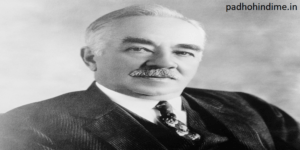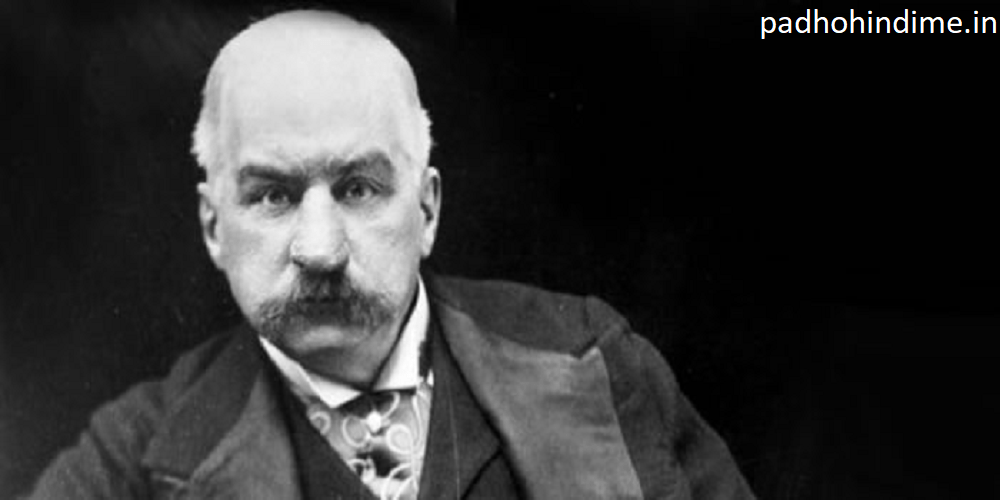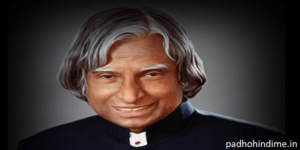Biography Of Jp Morgan.
John Pierpont Morgan, better known as J.P. Morgan, was an American banker, financier, and industrialist who played a significant role in shaping the modern financial world. He was born on April 17, 1837, in Hartford, Connecticut, to a wealthy family. His father, Junius Spencer Morgan, was a successful banker, and J.P. Morgan followed in his footsteps, eventually becoming one of the most powerful men in American finance.
Early Career
Morgan was educated in private schools and then attended the University of Göttingen in Germany, where he studied philosophy, chemistry, and physics. After his return to the United States, he began his career as a clerk in his father’s banking firm, where he learned the ins and outs of the financial world. He quickly proved himself to be a skilled banker and was soon promoted to partner.
In the late 1800s, Morgan helped to finance several major railroad companies, including the New York Central and the Northern Pacific. He also played a key role in the development of the steel industry, financing the creation of several large steel mills, including the United States Steel Corporation, which became the world’s largest steel company.

Banking Empire
In 1895, Morgan created his own banking firm, J.P. Morgan & Co. The firm quickly became one of the most powerful banking institutions in the world, financing the growth of many of America’s largest corporations. Morgan was known for his ability to evaluate companies and make shrewd investments, and he built his reputation as a financial genius.
Morgan’s power and influence extended beyond the banking world. In 1901, he helped to broker the creation of the Northern Securities Company, which brought together three of the country’s largest railroad companies. The move was seen as a threat to competition and was met with widespread criticism. In 1904, the U.S. government sued Northern Securities for violating antitrust laws, and the company was eventually dissolved.
Later Years
Despite the setback with Northern Securities, Morgan continued to play a significant role in the financial world. During World War I, he helped to finance the war effort and was a key player in the creation of the Federal Reserve System, which reformed the nation’s banking system and established the central bank.
Morgan’s health began to decline in the early 1900s, and he suffered a stroke in 1912. He died on March 31, 1913, at the age of 75, leaving behind a legacy as one of the most powerful and influential figures in American finance.
Legacy
J.P. Morgan was a complex and controversial figure, both in his own time and in the present day. He was a ruthless businessman who used his wealth and power to shape the financial world to his own advantage, often at the expense of others. He was also a philanthropist who donated millions of dollars to charity and the arts, including the Metropolitan Museum of Art in New York City.
Despite his flaws, Morgan left a lasting legacy on the world of finance. He helped to shape the modern banking system, and his firm, J.P. Morgan & Co., remained a dominant force in the financial world for many years after his death. Today, his name is still associated with wealth and power, and he is remembered as one of the most influential figures in American business history.




